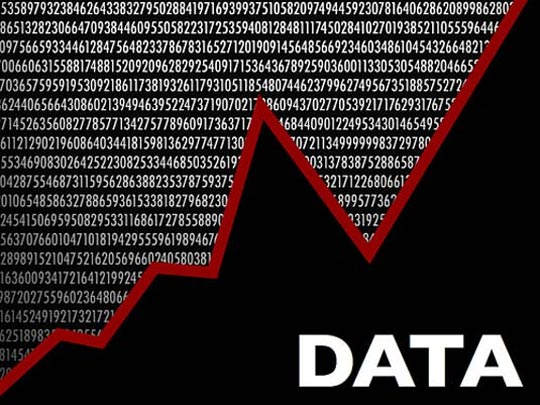When asked the question “which are the top 10 hi-tech cities in the world?”, even the most “tech savvy” candidates tend to have a hard time comparing and/or imagining what is happening on the other side of the globe. In this way, the question is worth asking, and frankly, is far from easy to answer. When searching on the web, most of rankings found in Shakespeare’s language, such as the Popsci or the Wired rankings, tend to focus exclusively on American cities. Personally, the ranking I found the most interesting was one published on the website of The Age, a mainstream newspaper from Melbourne, Australia. Based on six criteria (1. Broadband speed, cost and availability; 2. Wireless internet access; 3. Technology adoption; 4. Government support for technology; 5. Education and technology culture; 6. Future potential), here is their conclusion:
1. Seoul, South Korea;
2. Singapore, Singapore;
3. Tokyo, Japan;
4. Hong Kong, China;
5. Stockholm, Sweden;
6. San Francisco (and Silicon Valley), USA;
7. Tallinn, Estonia;
8. New York, USA;
9. Beijing, China;
10. New Songdo City, South Korea.
The presence of four cities (Seoul, Singapore, Hong Kong, New Songdo City) from the Four Asian Tigers is not surprising. However, the presence of cities like Stockholm (Sweden), Tallinn (Estonia) and New Songdo City (South Korea) is certainly something that yields the most expressions such as: “oh”, “ah”, “what’s that”, “are you kiddin’?”, “really?”.
The presence of Stockholm makes sense when looking at rankings that classify the city as the one with the fastest broadband speed in the OECD countries. Moreover, Stockholm is acting as a pioneer in the use of green technologies such as RFID technologies, and paired with the high number of engineers due in part to the presence of Ericsson, those could be factors that contribute in making this city’s ranking first among cities outside Asia.
The city of Tallinn, mostly unknown to North Americans, except for those who have learned the world’s capitals after the fall of the USSR, is known as the Silicon Valley of the Baltic Sea. The city is also known as being the first to organize an election vote on the internet using smartcards, as well as for its free wireless internet facilities across the city. Tallinn is also recognized for the well-known start-up Skype.
Finally, New Songdo City, situated 60 kilometers East from Seoul, is certainly the most fascinating city in this ranking. The city was built from scratch by Gale International, a real estate development and investment firm, and is considered by technology experts as the ultimate digital city of the future. Even if the city is still upon completion, it is already considered in the top 10 of the most hi-tech cities in the world.

I can briefly conclude this post by noting that it is nothing new for North America to be limping way behind Asian countries in terms of hi-tech development, and this ranking is only a glimpse of what’s coming next in technology development….
Jean-Francois Belisle
